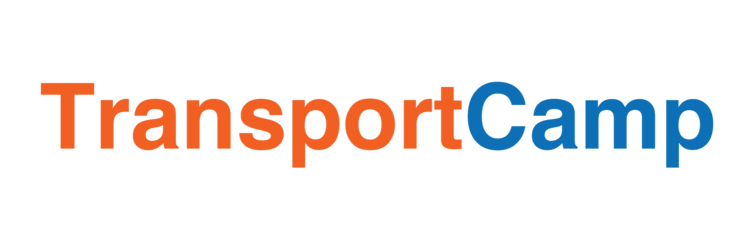Transport Equity
Danny Davis
Session: 1
Room: Portico Room
Format: Presentation
Summary: This discussion on transport equity reached various themes regarding collaboration, education, and accessibility. Encouraging active engagement is vital and so is simplifying explanations to enhance understanding for diverse audiences. Transport equity impacts individuals by various factors like age, location, or physical abilities. Achieving transport equity also hinged on integrating various modes of transportation and fostering a deep understanding of the disparities in access to services, moving beyond merely acknowledging the issue.
Transport Equity is a fundamental human right requiring a coordinated social infrastructure response. It aids in achieving social equity, budget stability, and environmental benefits. This includes equal access to services, health, education, and creating eco-friendly areas to combat emissions. Disadvantages affect groups due to factors like age, disability, health, and underserved regions. Vulnerable individuals without access to mainstream transport face exclusion despite subsidies. It's vital for older individuals' well-being and care-at-home strategies. Local transport solutions bridge gaps and transition to electric public transport. Urgent government action is needed for social equity, cohesion, and environmental sustainability.
School Zones
Kathy Lanazas (PBA Transit)
Session: 1
Room: Melbourne Room
Format: Presentation
Summary: What happens when you are cut off from schools due to zoning, despite being closer to other schools? This process affects children’s independence and ability to walk to school. People move to different zones in order to access certain schools.
Due to the growth of schools, they change the zones and limit the intake of children.
There is a lack of communication between the education and planning sectors.
Lack of infrastructure to walk to school safely, lack of intersections to cross roads safely. From a planning standpoint planning for schools can be hard.
Key Themes:
Focus on primary schools first, but not at the expense of secondary schools. •
Department of Education •
20-minute neighbourhoods
Technology can adapt.
How does housing policy fit into the conversation?
Williamstown has started to implement wombat crossing (raised zebra crossings).
Focus on speed limits. How do we change to mindset of car dependency?
Improving Bus 800
Peter Parker
Session: 1
Room: Yarra Room
Format: Presentation
Summary: Focusing on the PT campaign to improve Bus Route 800, the session addressed the transit inequalities in improving the bus route and subsequent political negligence in keeping up the services. An advocate for local bus route reforms, the speaker highlighted the various ways to address the issue of frequency and service times via channels like media and multilingual letterboxing and the significance of conversations at bus stops. The initiation of the #FixBusRoute800 campaign to upgrade the Bus Route 800 with more service hours served as an example, bringing together such opportunities and aiming to address transit inequalities, especially among lower-income communities with less available transit alternatives.

